Zanzibar is a jewel in the Indian Ocean. It exudes the magic and beauty of similarly endowed natural paradises, with an exception: it's African. Nestled amid islands in the Archipelago a stone’s throw from Tanzania’s mainland, it may not conjure the same fantasia as do starry Saharan nights or Serengeti safaris. The charismatic island is so well endowed, though, replete with world class snorkelling and pristine beaches, that it almost leaves international counterparts looking a little inadequate.
So, here are several reasons to visit Zanzibar, evidence why you should consider including the island as part of your Africa itinerary.
Unique Historical Fusion in Zanzibar Town
It’s the Arabian fortresses and minarets that initially hint at Zanzibar’s unique and blended past. From rags to riches, it was Persian traders who initially set the island ablaze, making it a hub, trading in everything from ivory and wood to spices, gold and of course, slaves. Despite a temporary presence by the Portuguese, the Arabs of Oman followed Persian prosperity, carrying the island’s wealthy streak forward to the nineteenth century.

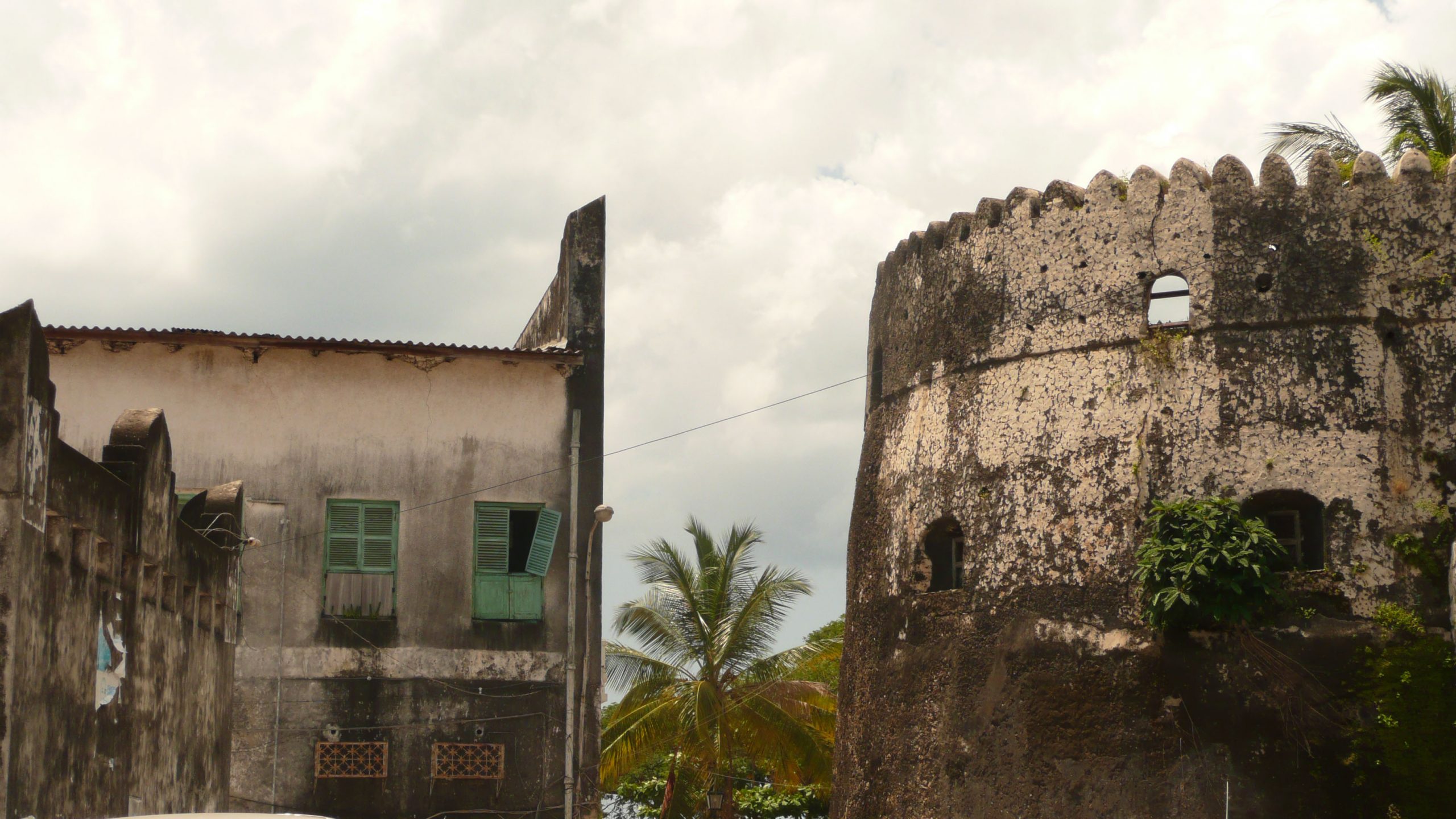
The small quarter in Zanzibar Town known as Stone Town is evidence of such diversity: with cobblestone alleyways that snake between Arab-style houses, Indian designed structures and eastern bazaars, it’s a historical melting pot. It’s the Arab, Indian, European, Persian and Swahili soul of the island, a UNESCO World Heritage Site and a part of Zanzibar not to be missed.
Pristine Beaches
Flanked by protective barrier reefs, the eastern stretch of Zanzibar is home to powder white beaches. From Nungwi in the north to Matwmwe and Pongwe in the east and Dongwe in the south, there are few stretches without cocaine white sand gently being lapped by azure coastal waters. With a stretch of one hundred kilometres from north to south, there is ample space for each beachgoer to have his or her very own piece of sun drenched goodness.
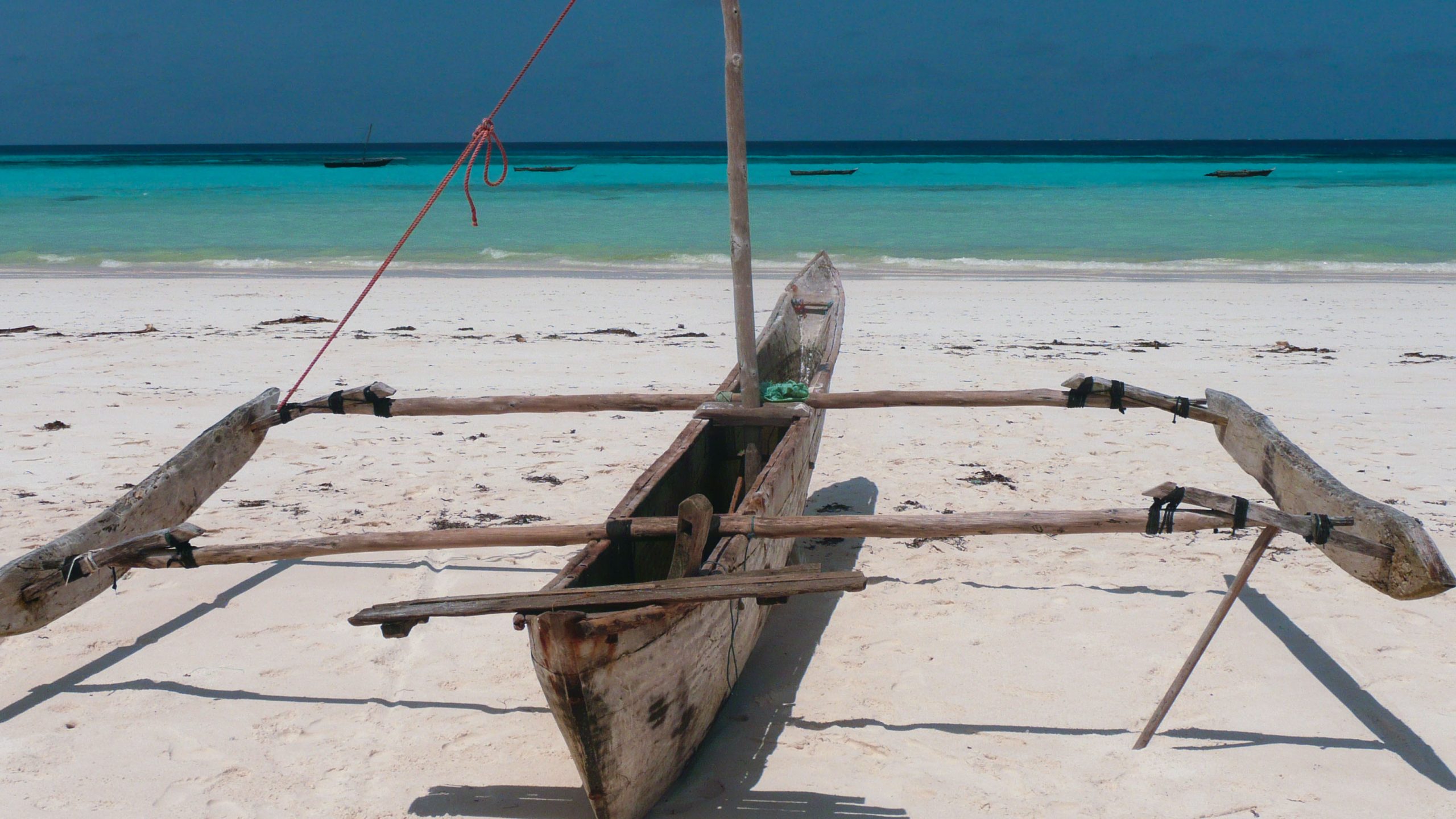
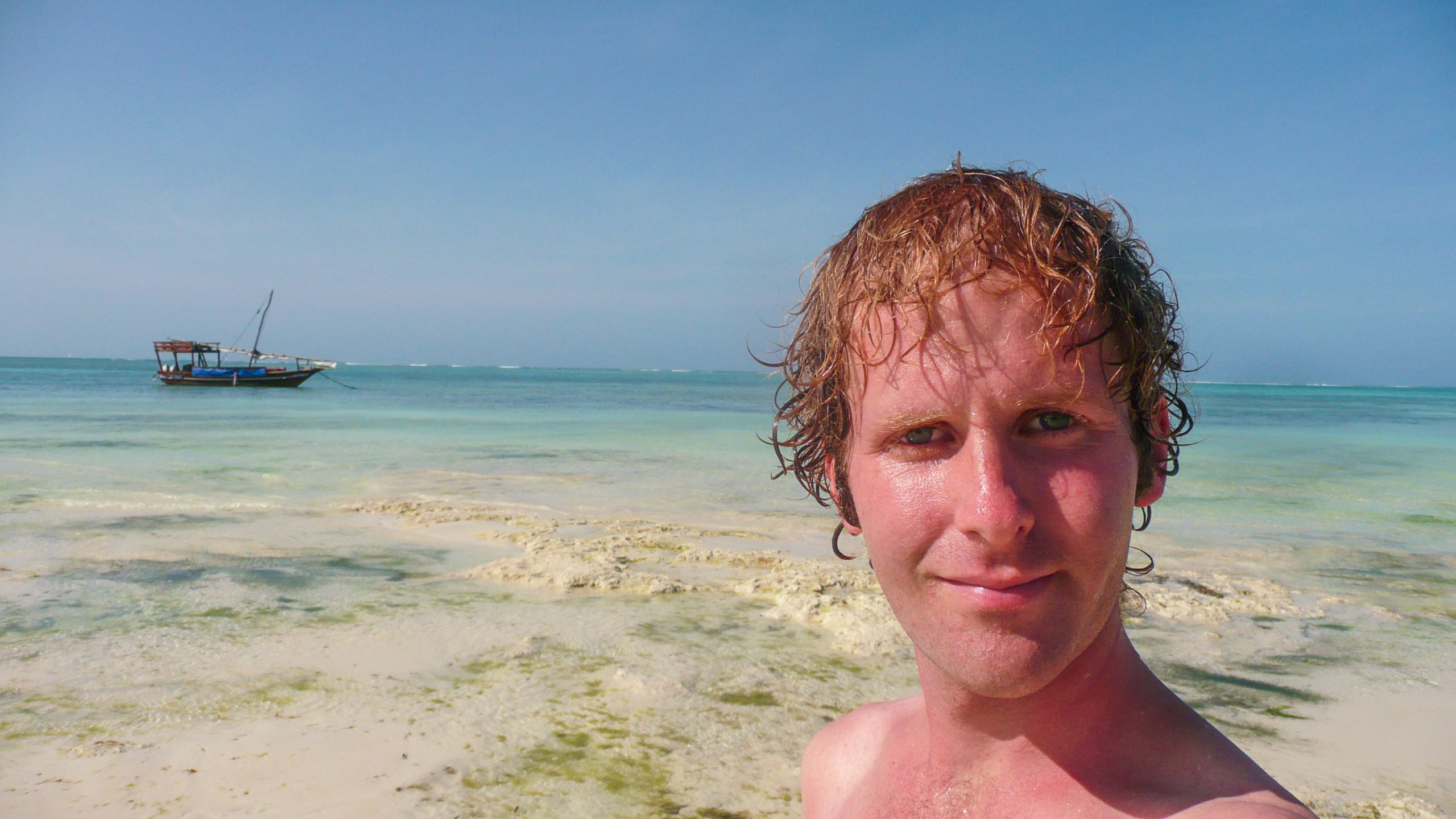
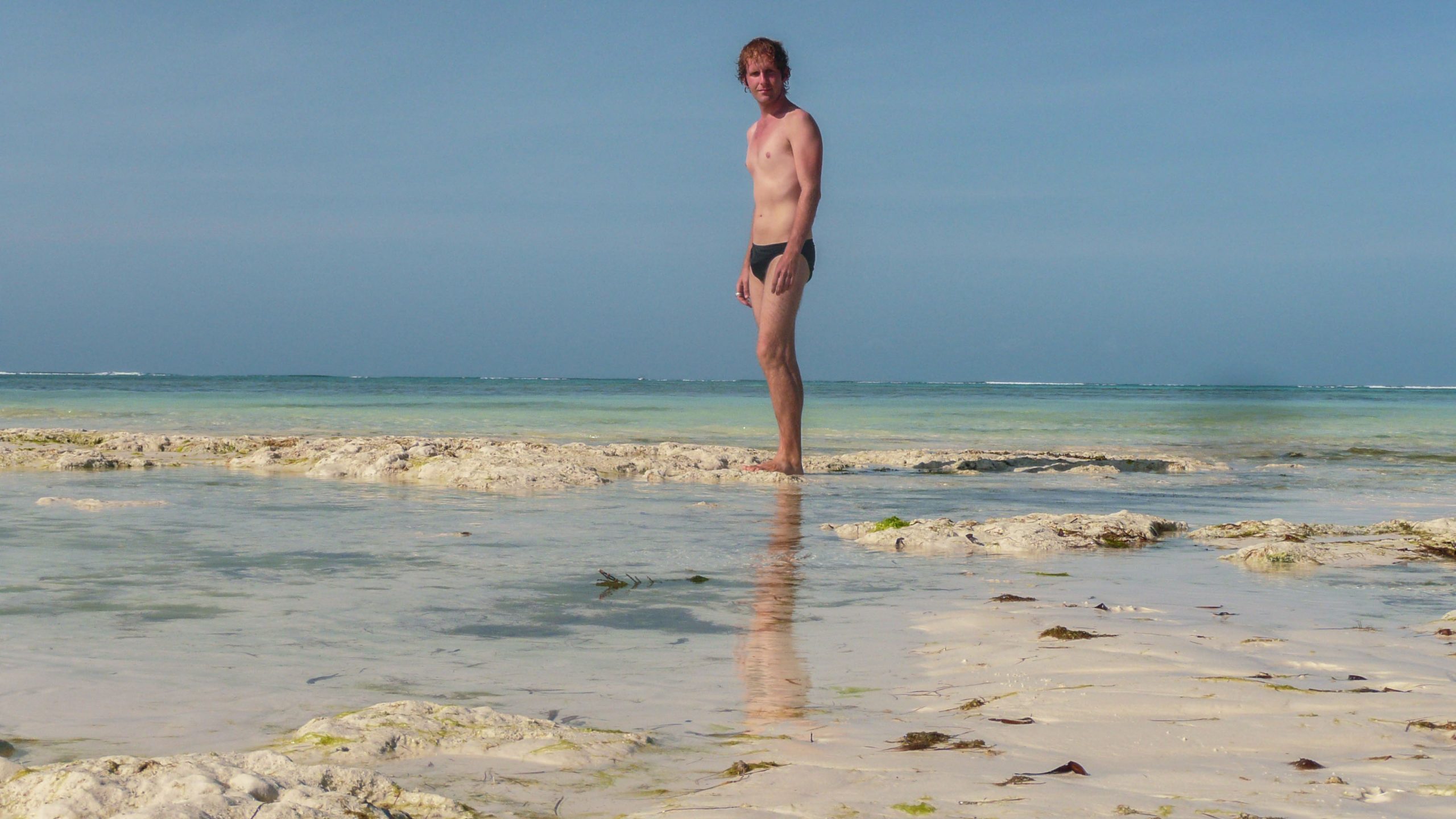
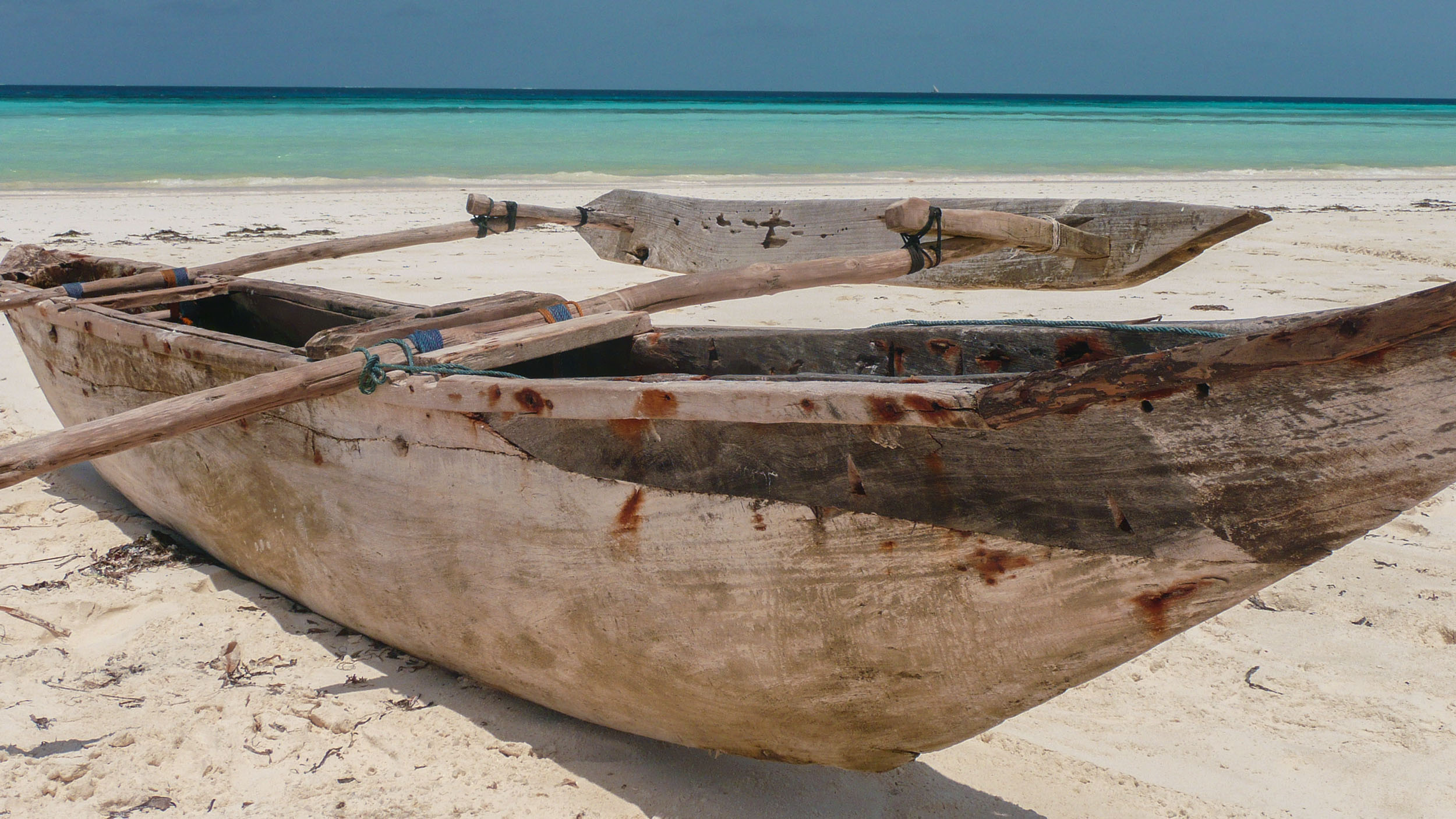
I stayed by the water in Nungwi and, despite its reputation as a tourist hot spot, was thankful for the opportunity to have access to the clean stretch of coastal bliss a few steps from my front door.
Colourful Water
As chords of light speared the earth from the heavens above, bathing the turquoise surface in gold, it scintillated, setting off sparkles like diamonds burning with an inner fire.
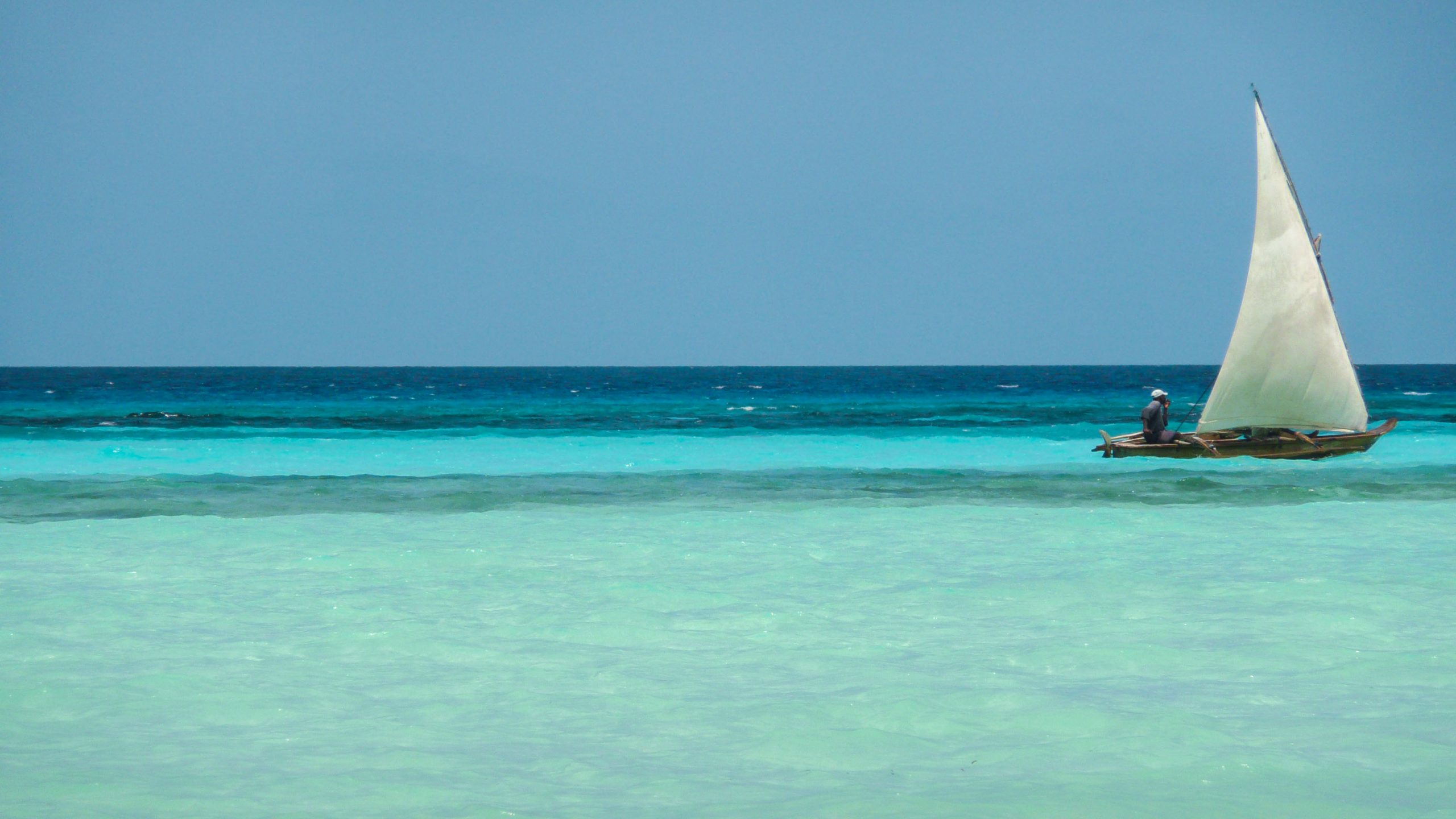
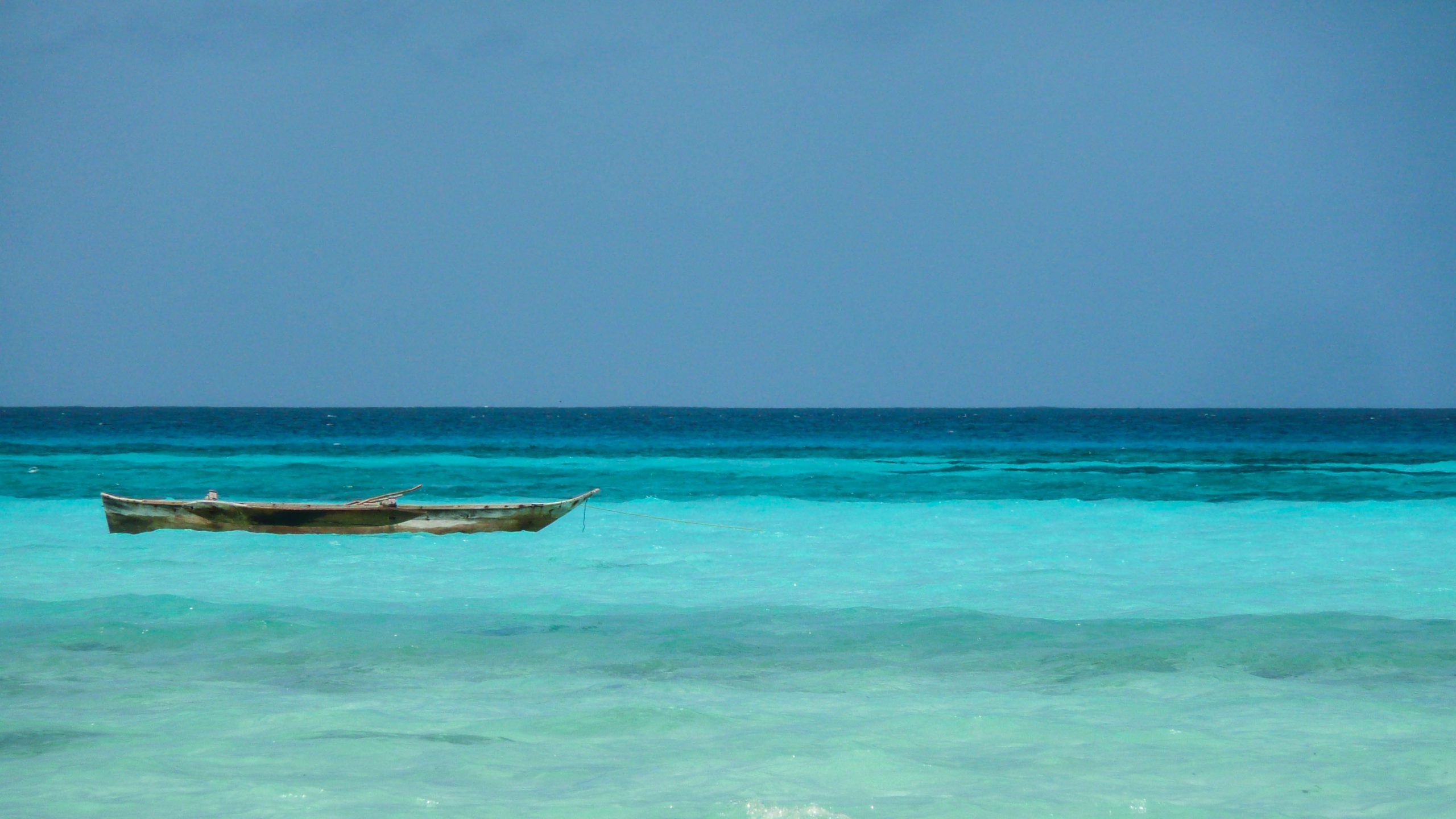
Whether standing on the balcony attached to the hotel room, walking along stretches of white sandy beach or gliding over the water in a rustic dhow, the turquoise brilliance never dulled. It reflected the beauty of its surrounds and lulled me into a perpetual state of tranquillity.
First Class Snorkelling
Considered by some as one of the best snorkelling sites in the world, visitors are spoiled in terms of quantity, marine diversity, water depth and value for money. Surrounded by deep clear water, it is at times possible to see the giants of the ocean swimming nearby. Common attractions include parrotfish, stingrays, turtles, dolphins, whale sharks and the occasional Humpback whale.
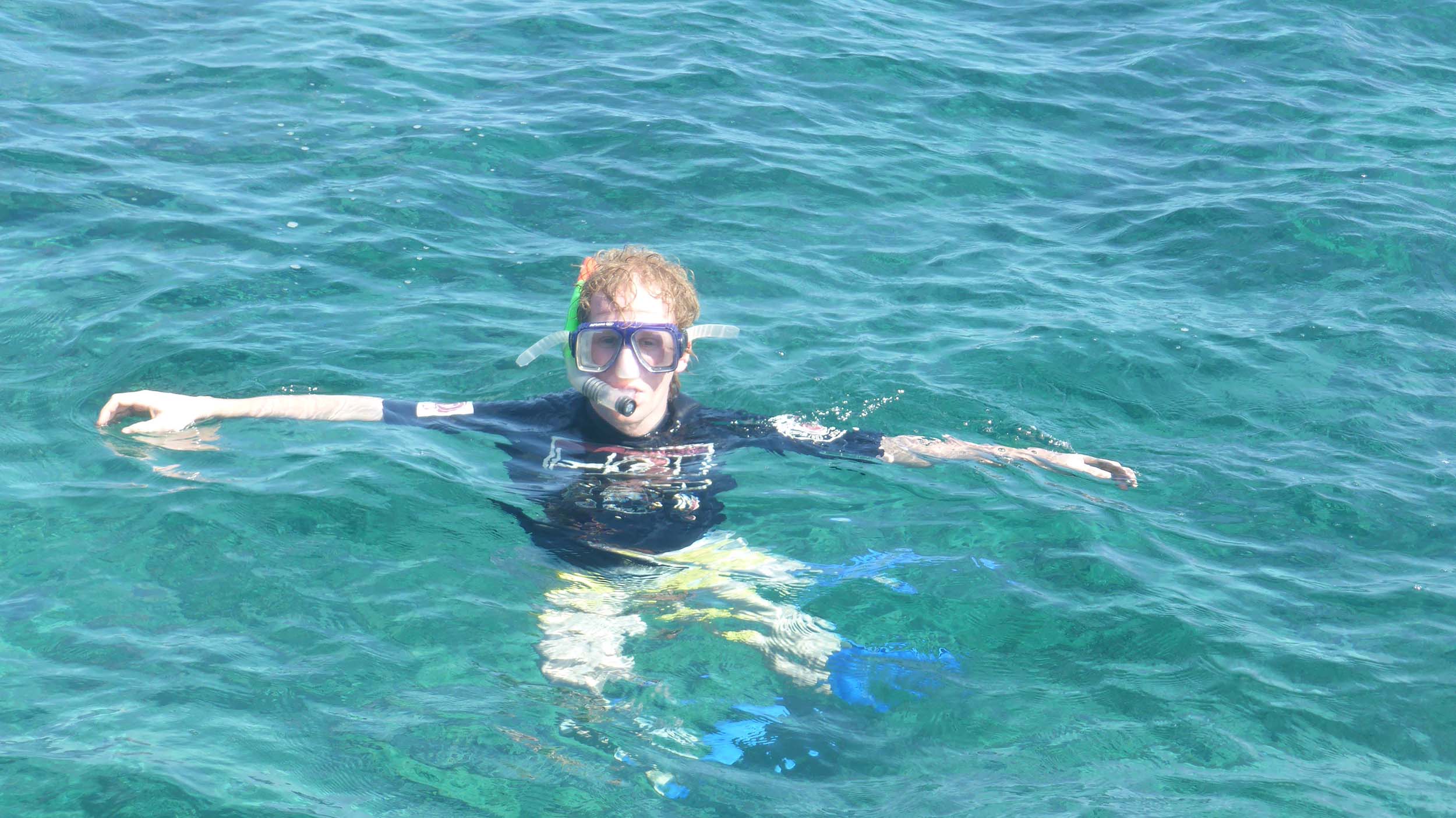
Even though I’d visited iconic first-class snorkelling sites before going to Africa, Zanzibar was my virgin attempt at the water sport. It created an addiction.
Dhow Safaris
Few other scenes educe a sense of Zanzibar’s exoticism than setting sail across turquoise waters on board a double lanteen-rigged dhow. Used primarily in the Arabian region, the time of the vessel’s genesis is unknown. However, it is known that the dhow has been used for centuries to transport comestibles and merchandise along Africa’s east coast.
Still used in the name of commercialism, the iconic-looking boats are propelled regularly by sail between the Persian Gulf and East Africa. Closer to home, crews of native sailors daily take visitors on snorkelling and island-hopping safaris.
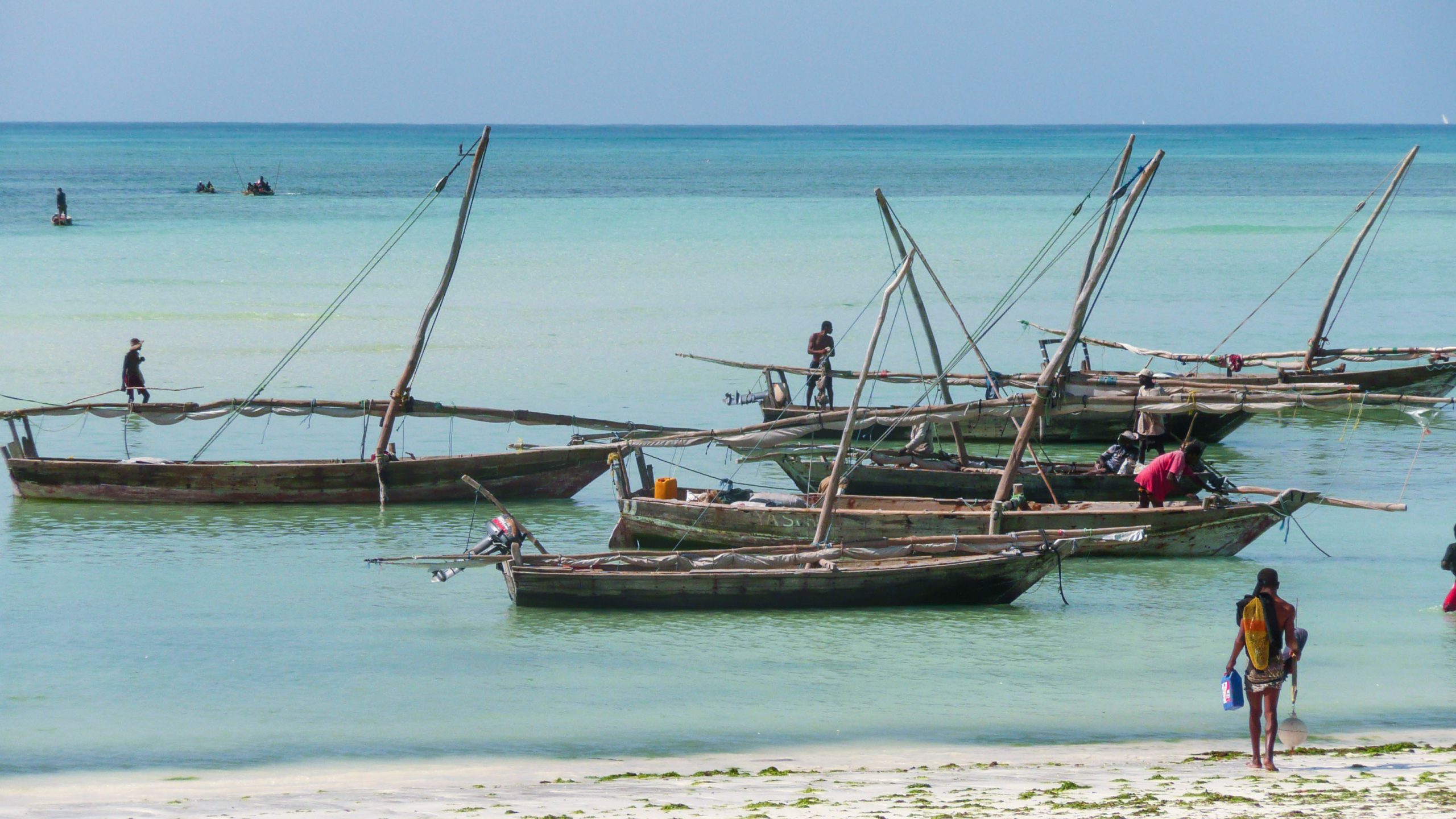
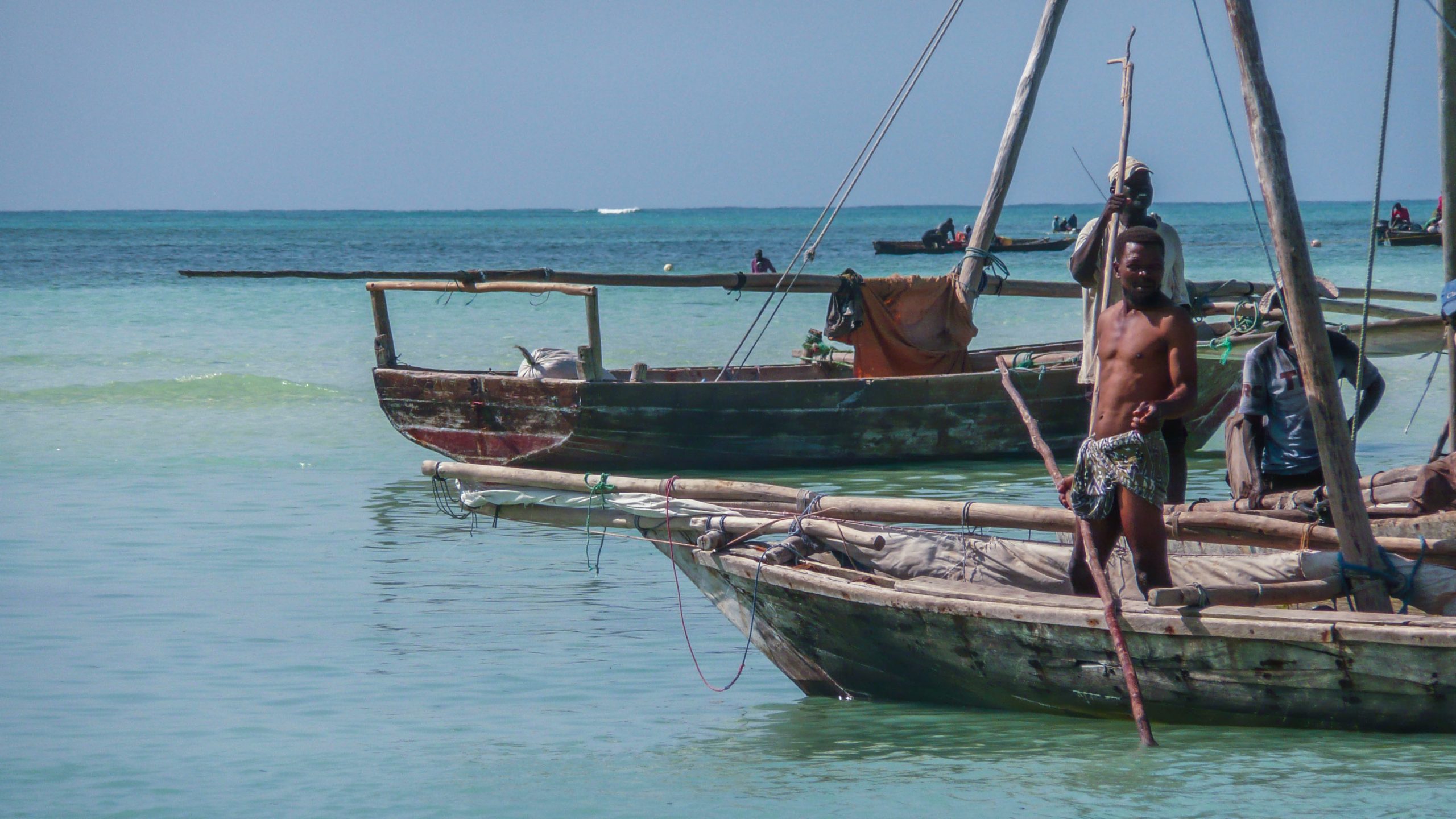
Boarding shortly after ten am, we set sail for the island’s east coast and, thereafter, spent several hours snorkelling among schools of vibrant fishes, dining on fresh seafood and exploring other islands that form part of the Archipelago. For a modest price, getting my very own slice of paradise was worth the few shillings spent.
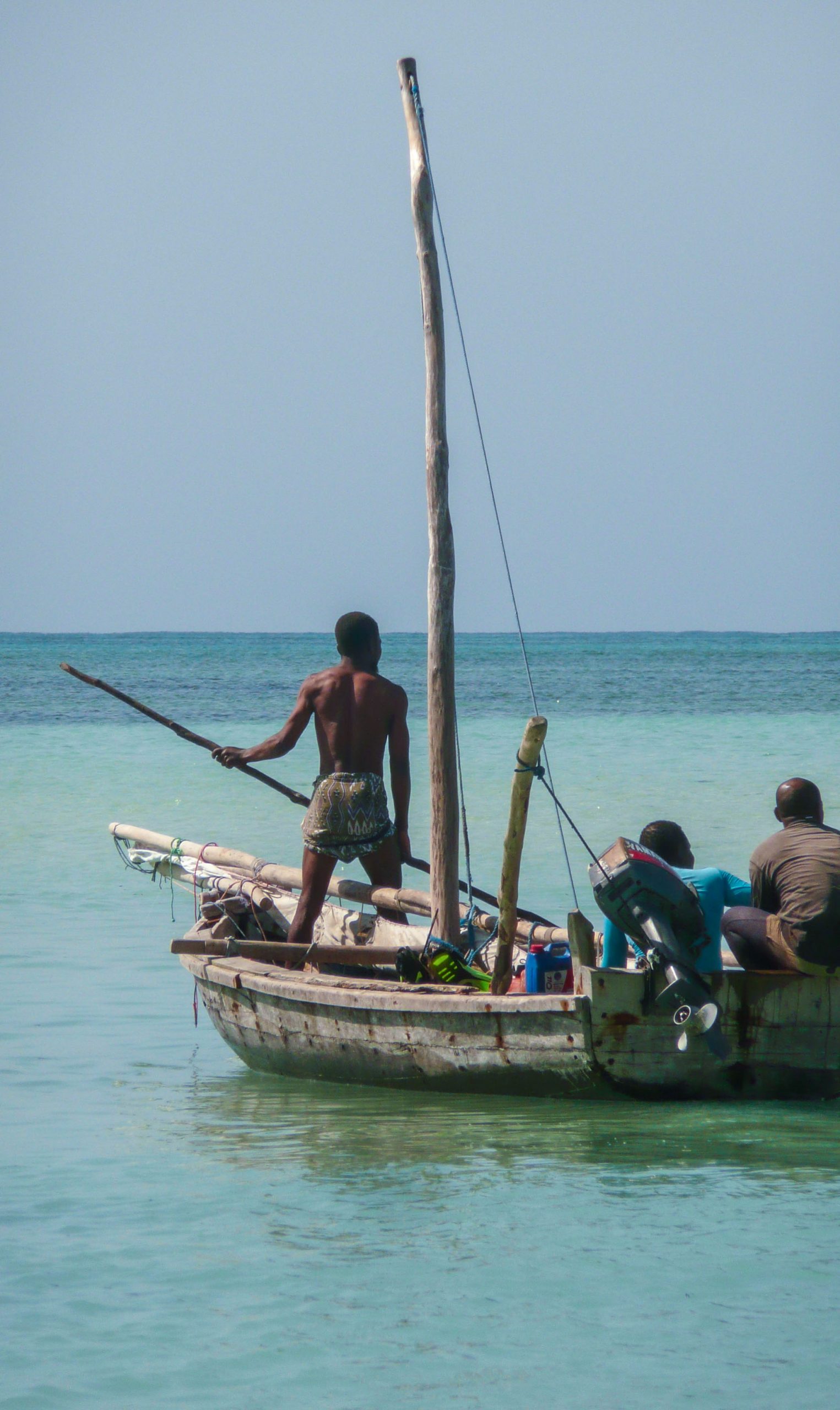
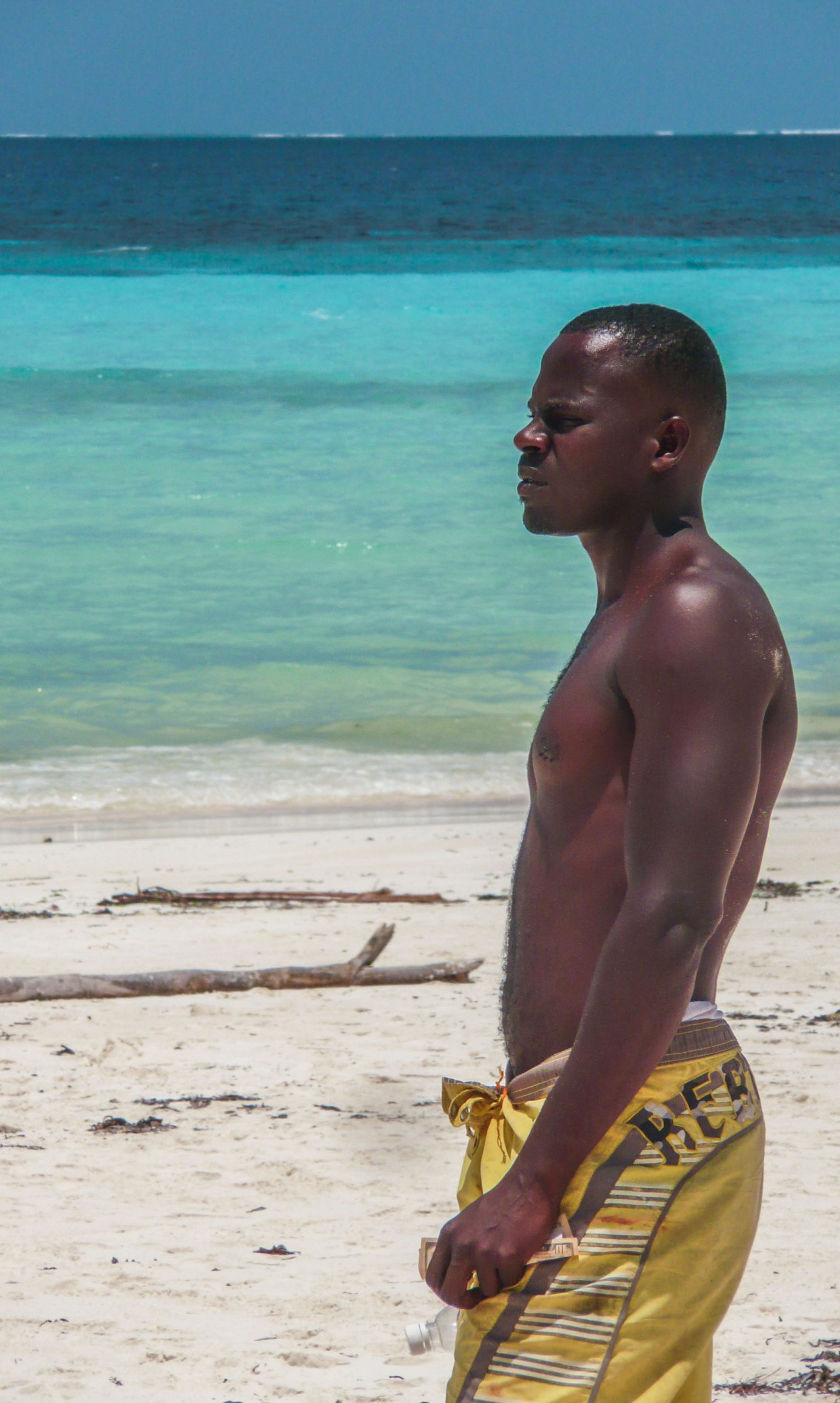
There are various companies offering dhow safaris, so do your research, find a program – and price – that suits you and your budget and ask all the relevant questions before paying and climbing on board. Nungwi, or Zanzibar Town, are hotspots for enquiries.
Laidback Island Living
With a flavour of Africa running through its fundamentally bucolic core, there’s no escaping the fact things run on African time: leisurely and without concern.
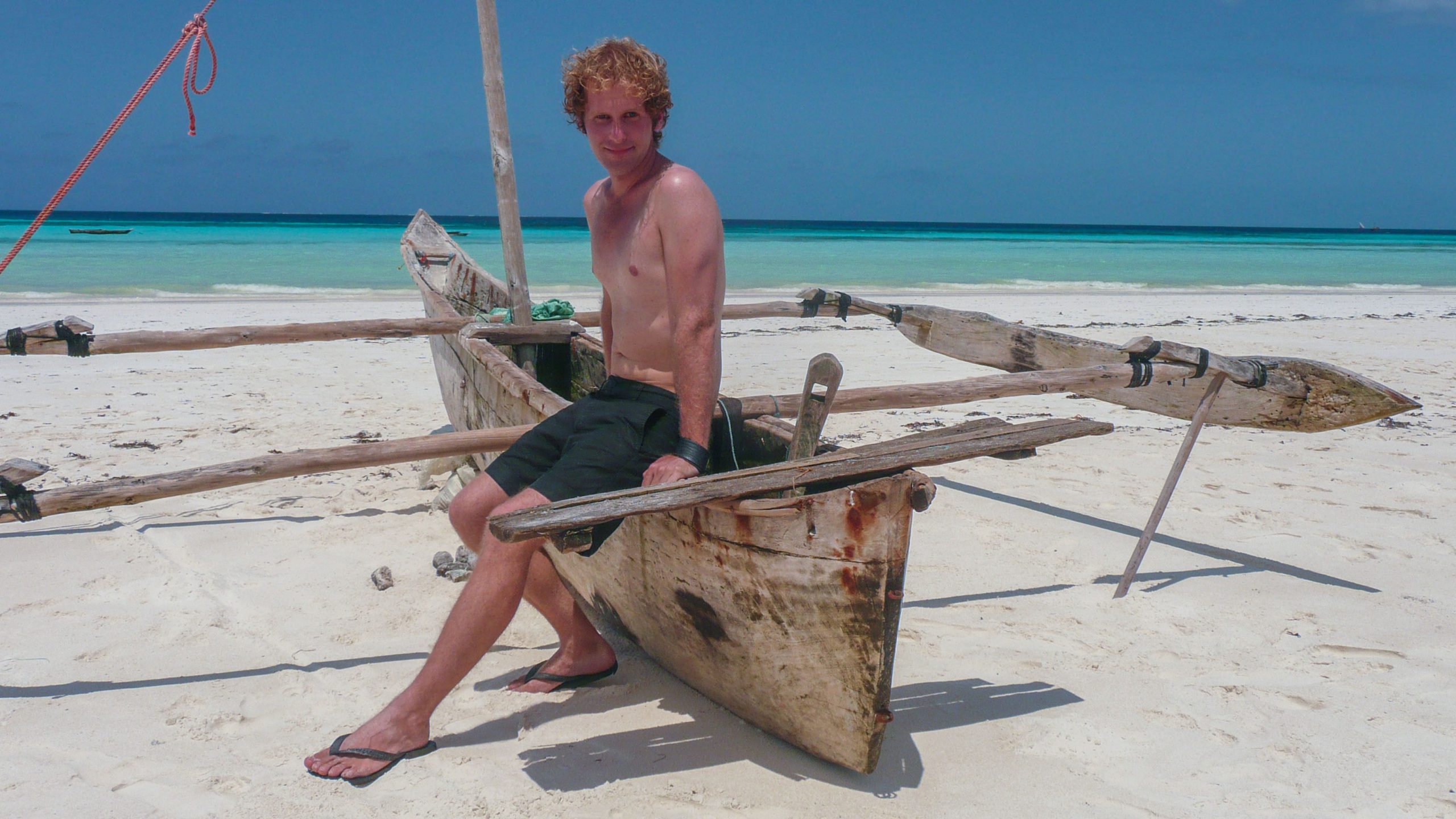
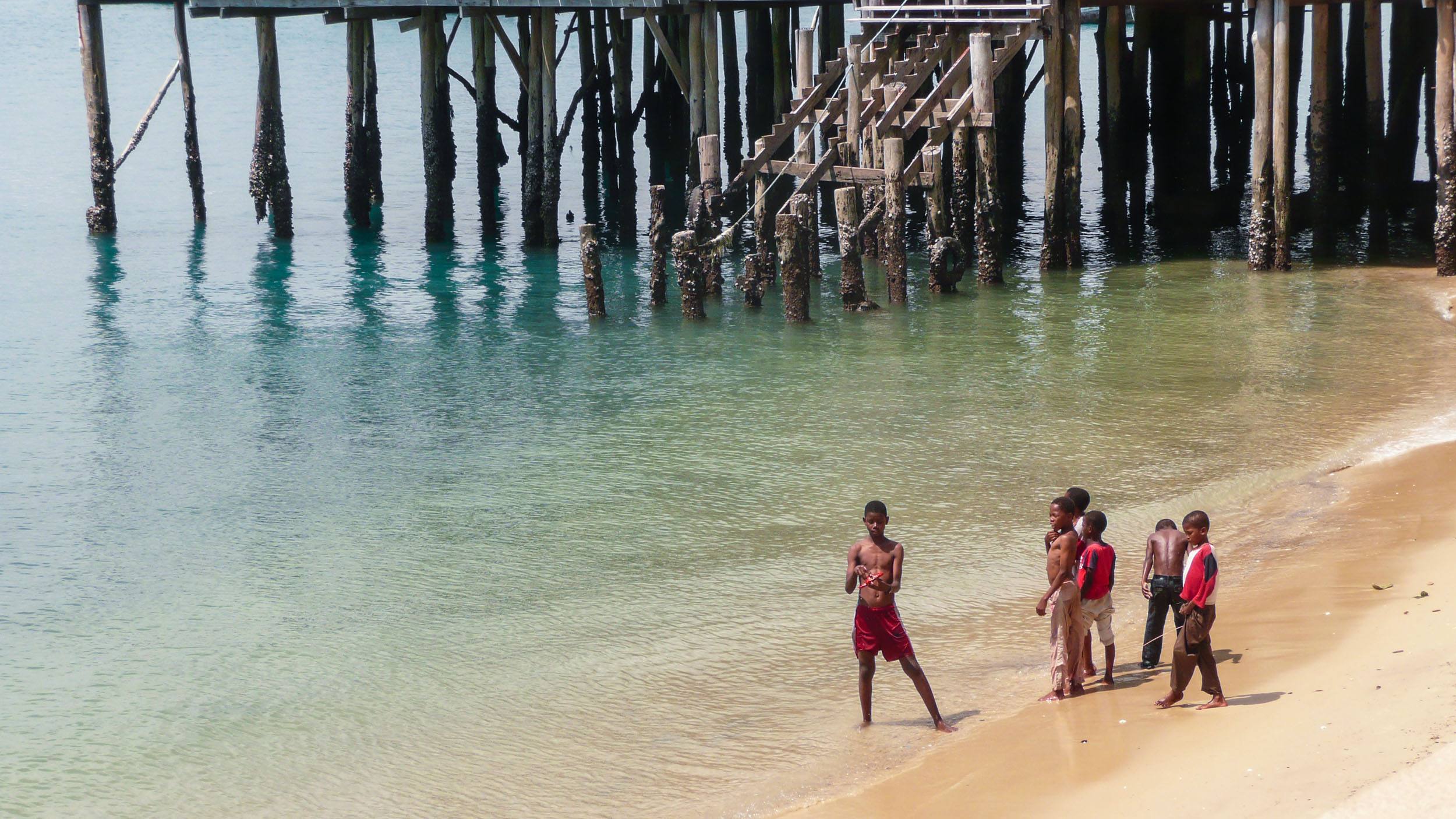
The stretches of white sand, internal spice farms, life on the water and colourful culture are undemanding, dropping guests into low gear, removing them a little from reality.
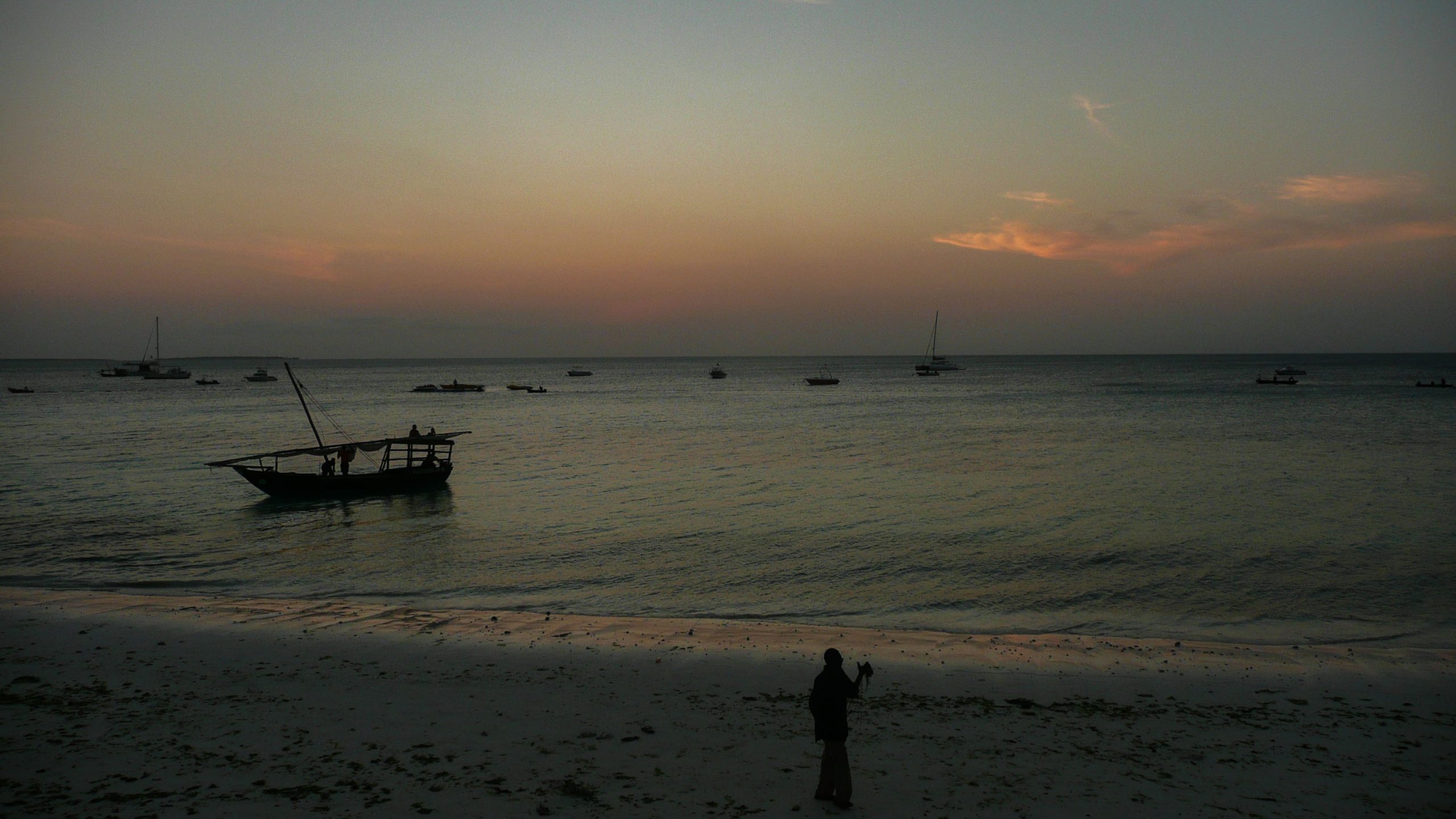
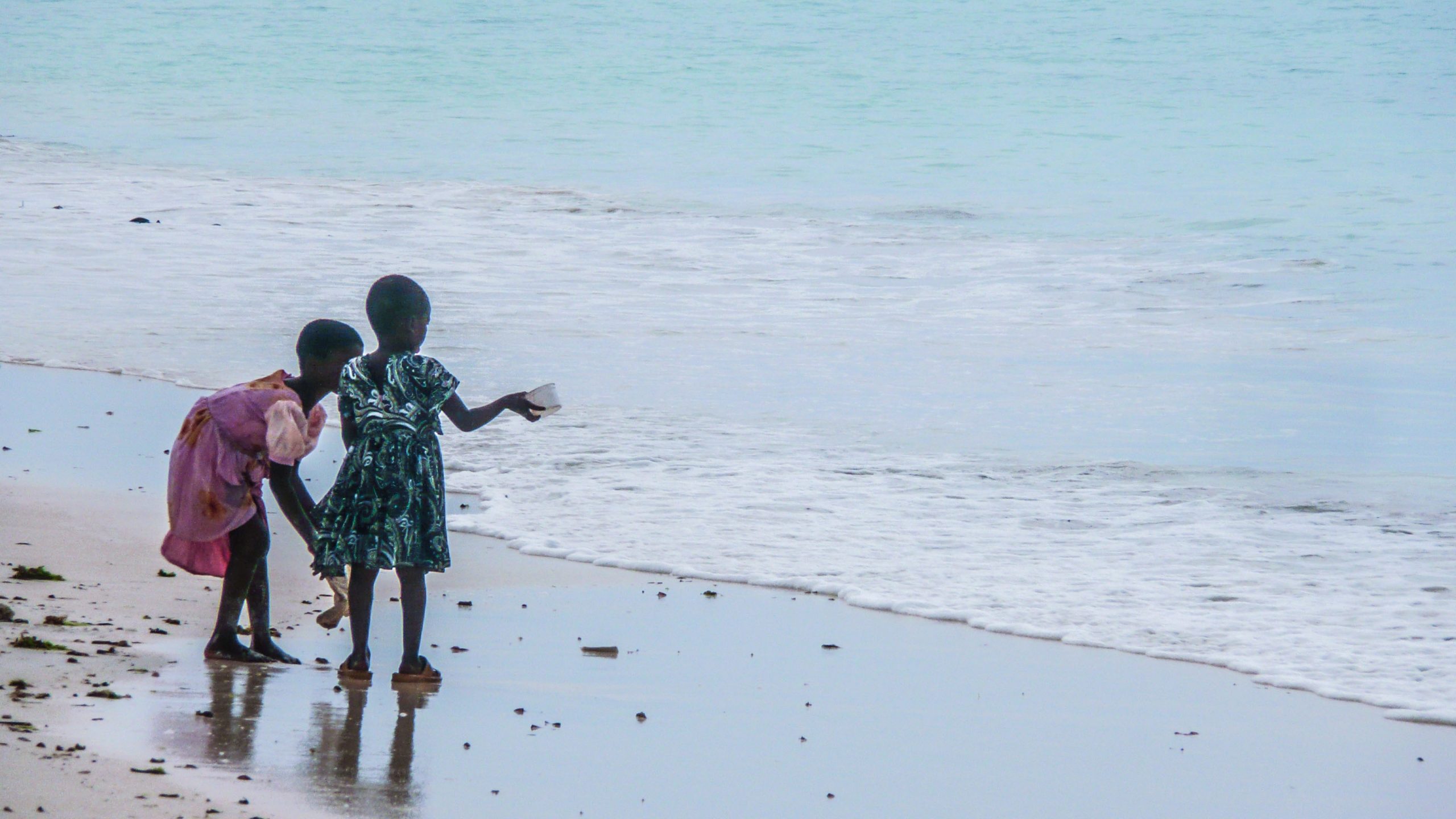
Laze about in a hammock, read a book by the water, swim with fish or sip on a coconut on the deck. There’s no rushing on Zanzibar.
Idyllic Temperatures Year Round
It may sound too good to be true, but thanks to its location a few notches south of the equator, temperatures are even all throughout the year.
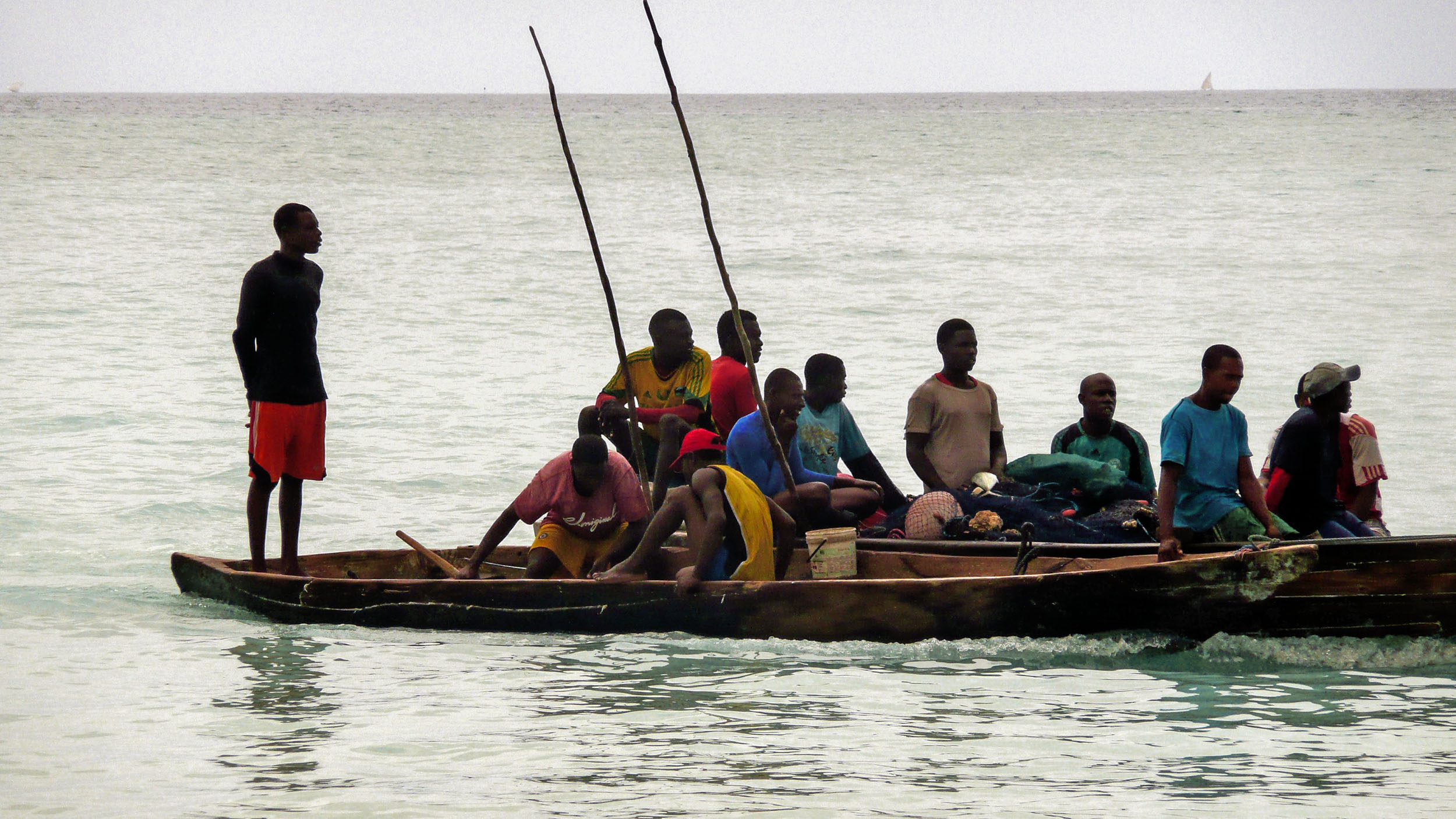
Rarely dropping below twenty-two or climbing above thirty-three degrees Celsius, visiting the Tanzanian island can realistically be done at any time of year. How is that for planning your Africa escape?

















